Alright – so today we’ve got the honor of introducing you to Sara Cottle. We think you’ll enjoy our conversation, we’ve shared it below.
Sara , thanks for taking the time to share your stories with us today Let’s kick things off with talking about how you serve the underserved, because in our view this is one of the most important things the small business community does for society – by serving those who the giant corporations ignore, small business helps create a more inclusive and just world for all of us.
When you’re a kid — especially a kid in the 90s in rural America — the idea of being a filmmaker most likely included a lot of lights and fame and fortune and a little dramatic flair; something adjacent to Hollywood. At some point, if you’re me, you start finding indie films and arthouse films and fall in love with the classics and by this point, you start to understand narrative and perspective on a much deeper level. Fast forward to 2017 when I’m watching the documentary ‘Chasing Coral’; right before the credits start scrolling something clicks about impact. It’s not some unheard of concept, every action has a consequence and every film does as well, no matter how short lived. It was realizing that as a filmmaker you had the power to shape and shift entire groups’ thoughts and maybe even actions by intentionally considering the impact of a film.
Of course, this concept isn’t as easy to implement as it sounds, it requires every step of planning and production of your film take into consideration the voices, the messages, and what happens after. It only takes a couple of run-ins with poorly executed drop-in journalism or film to get a firey feeling about missing pieces and being misunderstood. I’m from a region in the U.S. that I had often been embarrassed by because of narrative portrayals by those who could never understand and more shockingly weren’t planning on spending the time to try. Once I realized this and examined my own experience growing up in Southern Appalachia, I stopped being embarrassed and started thinking about short films. Today in my filmmaking, I go out of my way to find voices that get overlooked in my region and narratives that have been butchered–the more contrary to what people think they know, the better. The best part about the approach is that there is no shortage of characters. When you come in willing to listen and learn, people are willing to share what they love or have lived through with you. And it’s your responsibility as the storyteller to handle with care.
Sure, maybe a dramatic fictional story would sell in Hollywood, but Hollywood ain’t all it’s cracked up to be. The reward of getting someone’s story right who rarely has the chance to be heard is no doubt more fulfilling. If you’re from an underrepresented community, or one that has a lot of stereotypes to fight through, I highly encourage looking at different ways you can be heard and not hesitating to reach out to others you’ve seen succeed in this. If you are a filmmaker in a place to lift a voice that needs lifted, do it, do it genuinely, and maybe spend some time rethinking what “success” looks like in terms of who it reaches.
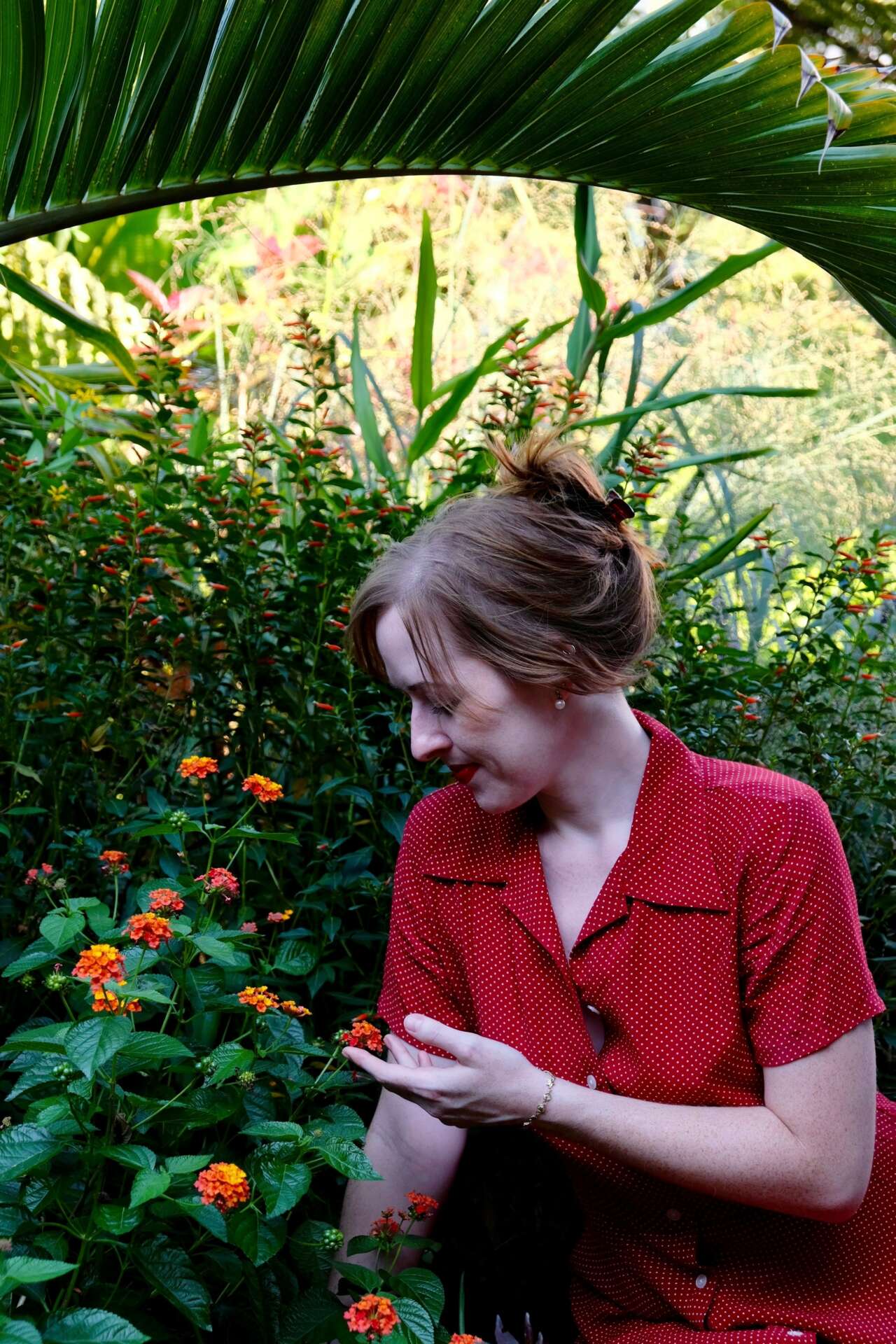
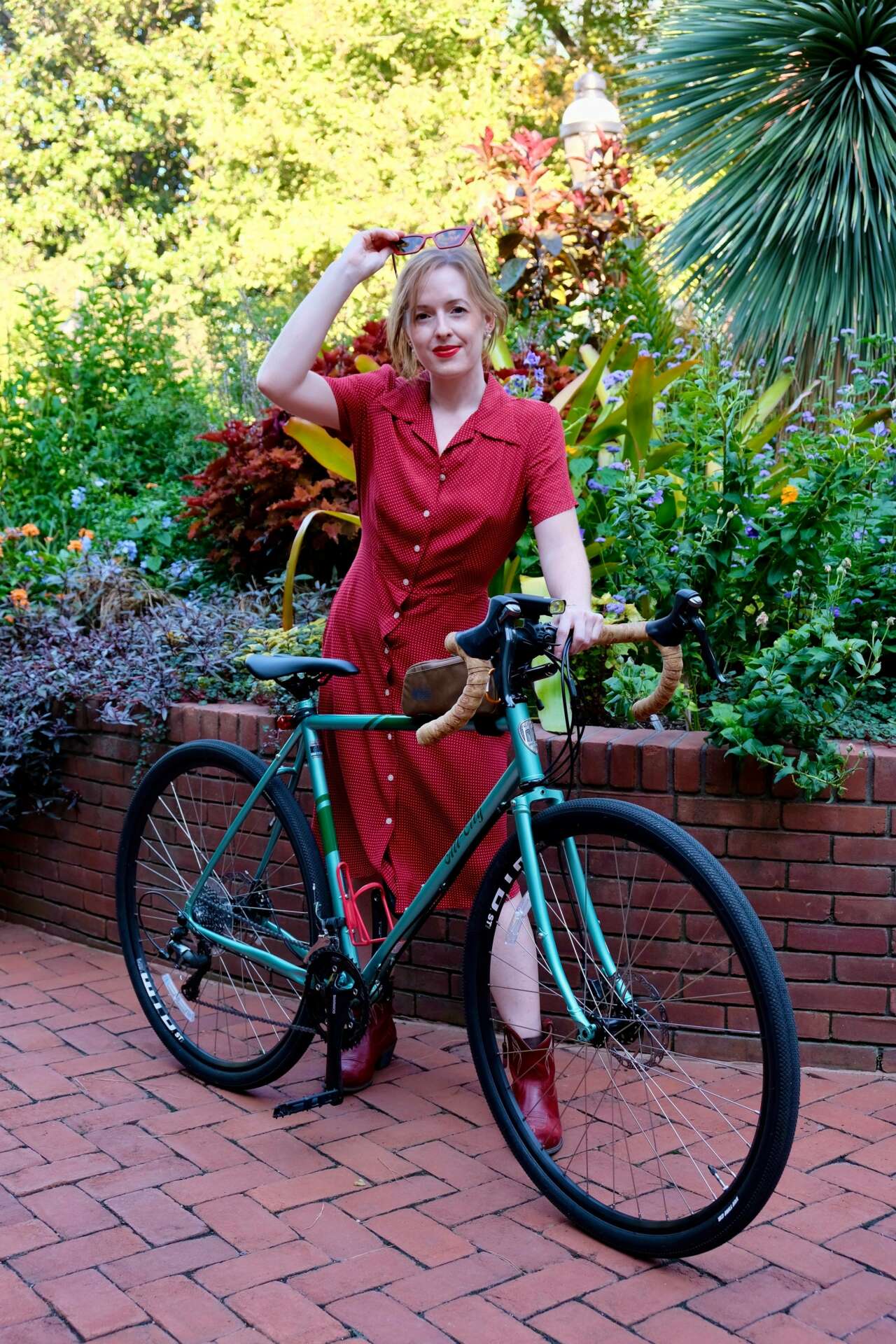
Great, appreciate you sharing that with us. Before we ask you to share more of your insights, can you take a moment to introduce yourself and how you got to where you are today to our readers
I’d call my work multimedia. I do specialize in film, and even further environmental film, but I’m also an expert in copywriting, editing, design, and communication strategies, specifically in the climate space. It was a long and winding — but somehow natural — road to land in film, I’ve always been on the creative side of things, taking extra art classes in school and spending time with photography in my free time, but I was also always good at science and being diplomatic. It turns out that scientific or environmental topics — those that seem a little intimidating at first — also have creative opportunities. And oftentimes need people who both exercise that creative side of their brain and have the determination to understand the intricacies and processes.
I’ve collected a lot of skills over the years that all enhance my film work, mostly in design and audio tech, and I still get creative in more traditional mediums such as paint or watercolor. The thing that has changed the most is where I get my inspiration from and a lot of that is now deeply connected to where I grew up in Southern West Virginia. I like a good character and the South is full of friendly people who know someone, who know someone, who can connect you to someone else. People where I grew up actually enjoy giving you the time of day and I’ve taken that to heart and try to reflect it in any of the work I produce.
I have a lot of things to be proud of because of this approach, but specifically related to environmental film I’m most proud of my first short documentary ‘Connecting Congaree’, which won an Honorable Mention at the Environmental Film Festival in Washington, D.C.
Looking back, are there any resources you wish you knew about earlier in your creative journey?
With the Internet, resources sometimes feel unlimited. The one resource I wish I understood more about earlier in my creative journey was time. Time is invaluable and you should absolutely be pricing your time to its worth, remembering to take time to reassess how much you’ve grown in your work and skills (and updating your pricing accordingly), and remembering to give yourself space and time for direction and certainty. Giving yourself time for reflection allows you to find your own voice and style. I’d suggest researching fellowships, grants, and stays through organizations if you’re looking to have time but keep an income.
Also, find good mentors, if a mentor isn’t working out for you, find a different one. If you admire someone, reach out to them. A good mentor is one of the best resources you can have on your journey, and while they may not give you direct answers they’ll guide you so that you know how to find the right answers for yourself.
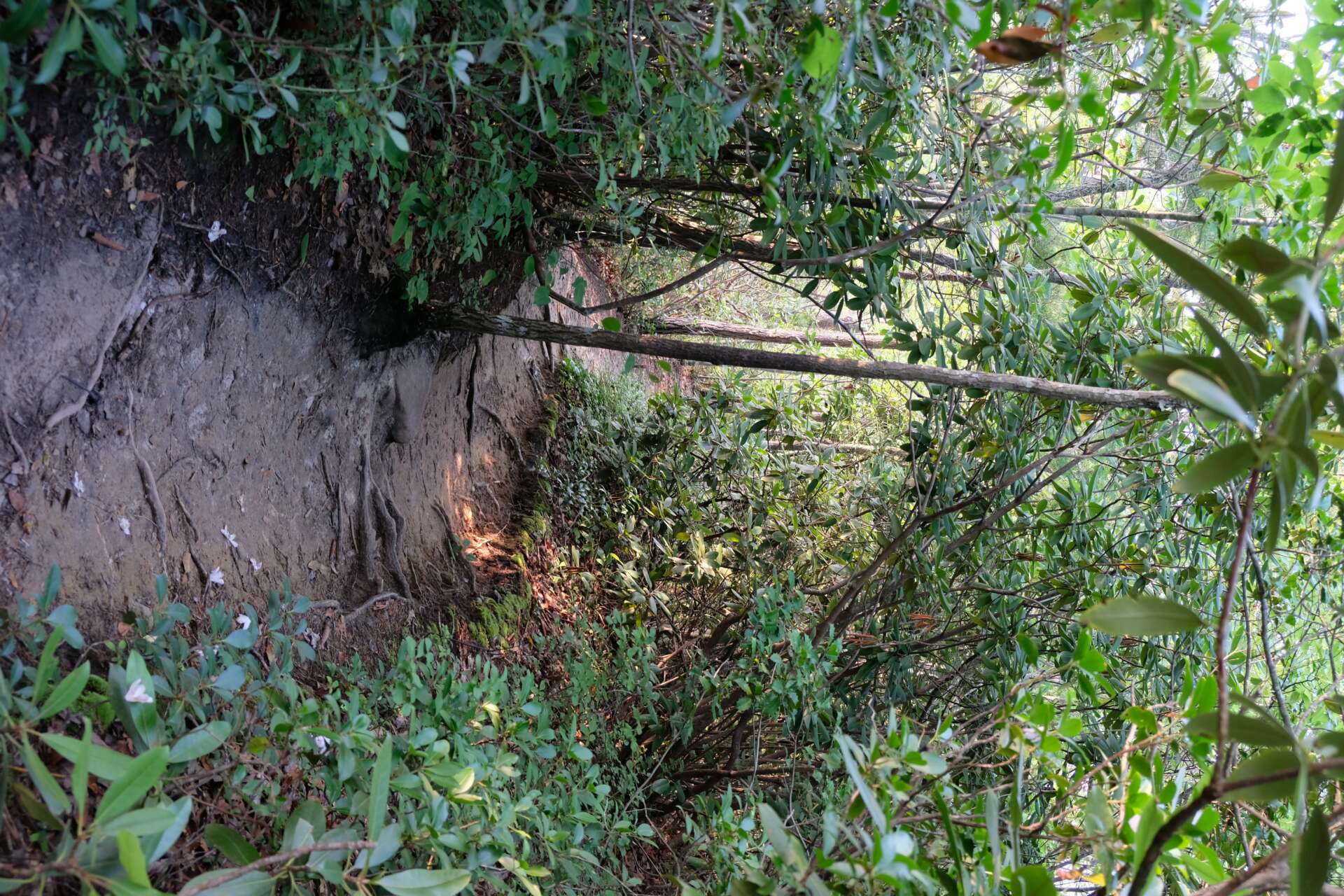
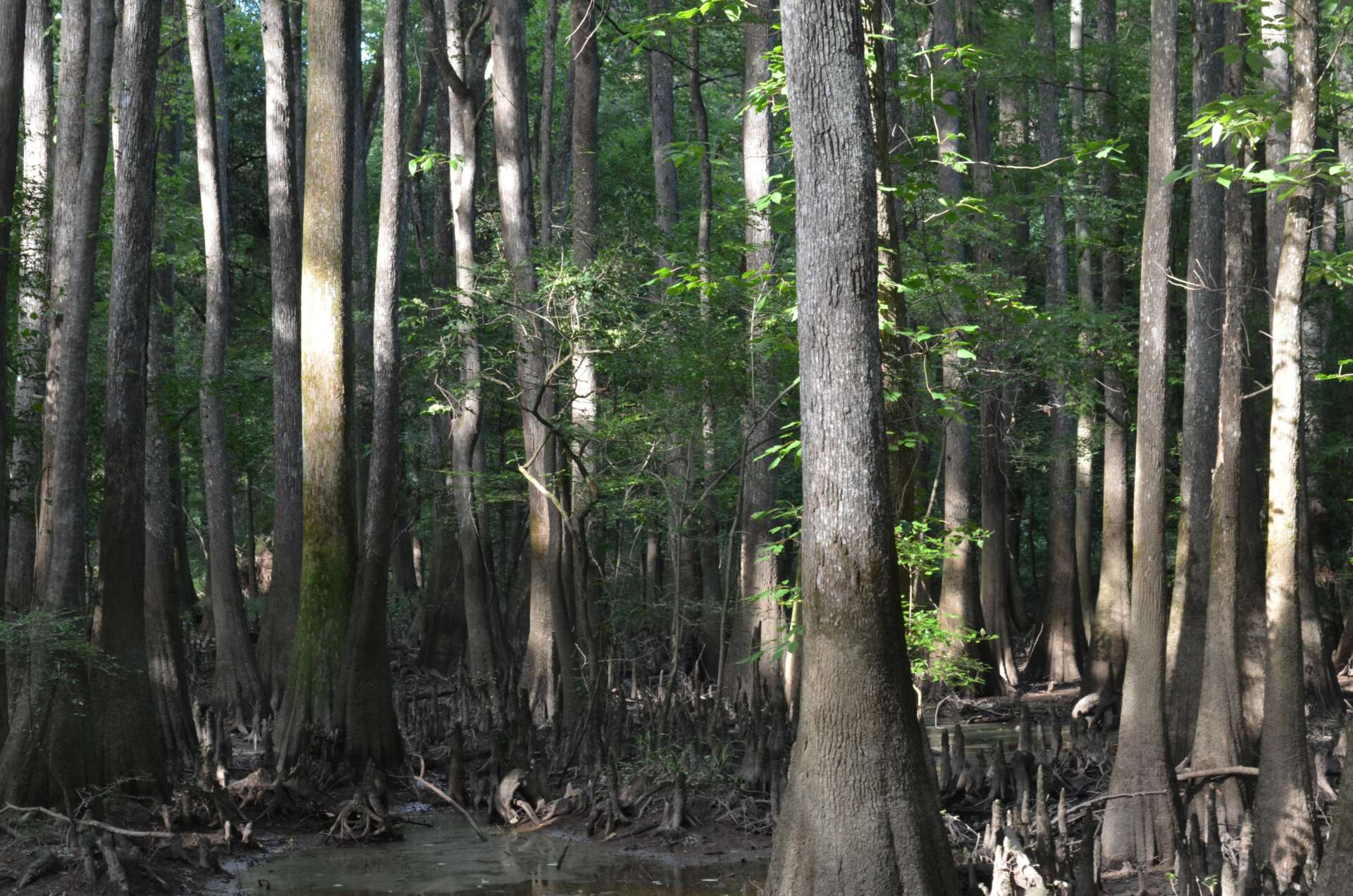
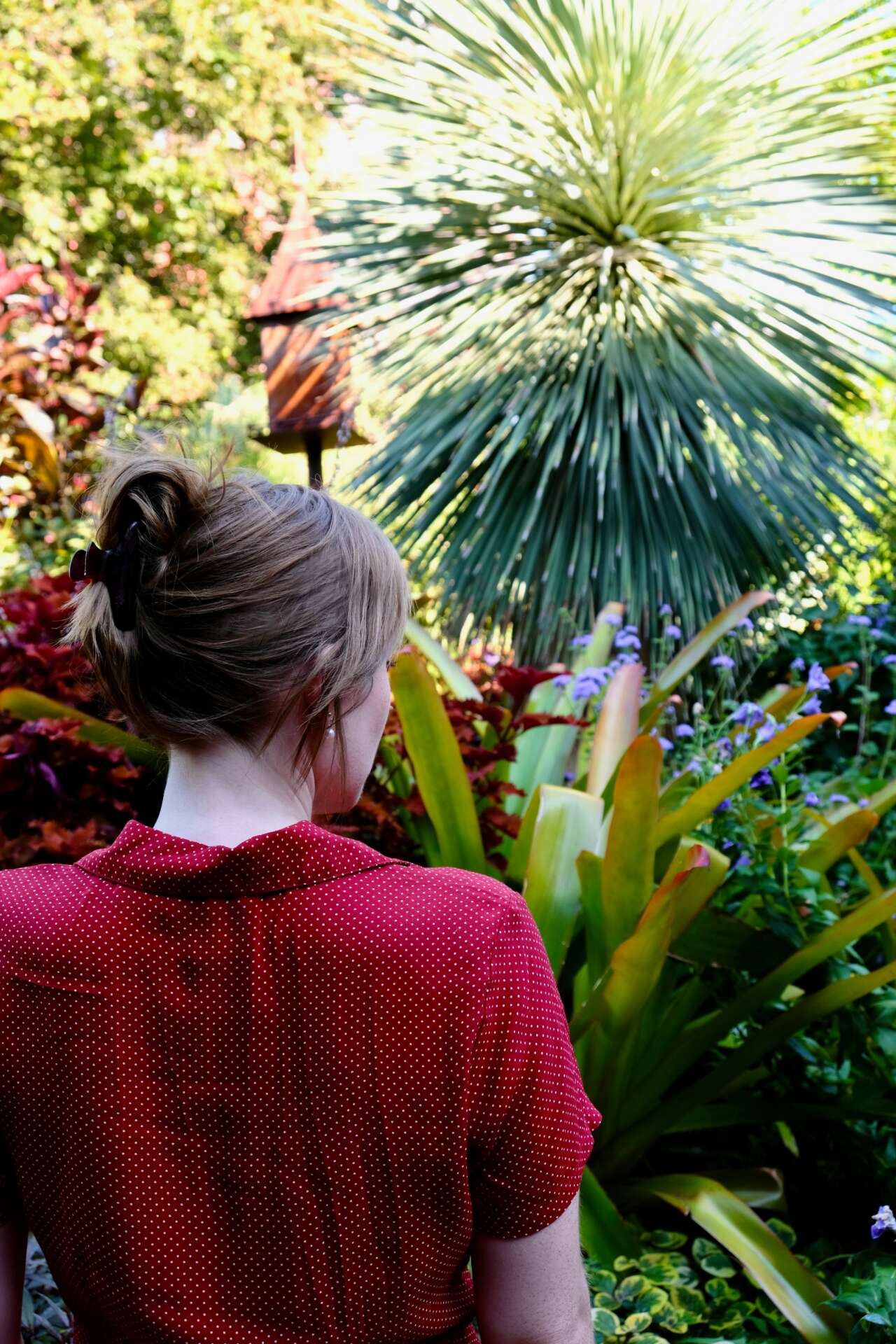
For you, what’s the most rewarding aspect of being a creative?
Seeing someone else enjoy your work. Or even in terms of say writing a communications strategy, seeing someone appreciate the thought you put into it and know that they understand the vision. Both of those things are always reassuring and it makes the potential moments of feeling like an island during the process totally worth it. If I wanted to open this up to be even broader I’d just say ‘connection’. There is something indescribably rewarding to connect with others, especially those who were maybe looking for the right words or visuals, or even feelings, and see that someone else was able to find those things and bring them to life.
Contact Info:
- Website: www.saracottle.com
- Instagram: https://www.instagram.com/saraleacottle/
- Linkedin: https://www.linkedin.com/in/cottlesara/
- Twitter: https://twitter.com/saracottle
- Youtube: https://www.youtube.com/channel/UC8g7WrXgICvQIzAWB_OOJsQ
Image Credits
Photos 1-3 by Nicole Audette.


